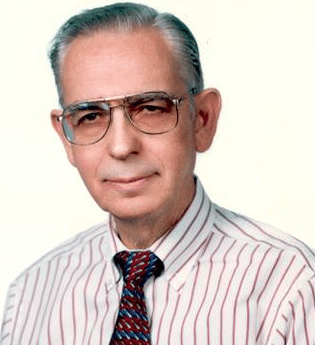Hurriyet Daily News, April 28, 2012

FERRUH DEMİRMEN
We have just passed April 24, when Armenians of various walks of life commemorate the anniversary of the arrest of the Armenian intellectuals in Istanbul 97 years ago, alleged to have been the beginning of “Armenian genocide.” So the pundits chastise, woefully, Turkey for “denying” genocide, and demand that Turkey extend an apology and offer restitution (meaning money and land) to the Armenians.
This is no place to dwell on history to explain why such demands lack rational basis, e.g., if the Ottoman Turks had intent to exterminate the Armenian minority, why they gave Armenian citizens high positions in the government, why they waited for more than 6 centuries – when they were in much better position – to deliberately target Armenians.
Nor is this the proper place to elaborate why some critical pieces of “evidence” e.g., the Andonian files, that the proponents of genocide cite to support their thesis, were forgeries, or that the orders issued by the Ottoman central government to relocate Armenians proscribed that all measures were to be taken to ensure the safety of the deportees and meet their needs during and after relocation.
But there are two aspects the proponents of genocide conveniently ignore, that call for special attention: balance and due process.
Regarding balance, no one denies that Armenians suffered during relocation, and some lost their lives, in a time of war when chaos, lawlessness and depravation prevailed. Surely we must mourn the sufferings and loss of life. But do we ever hear about the sufferings and loss of lives of non-Armenians? During that tragic period more than half a million Muslims – and some Jews – perished at the hands of armed, marauding Armenian gangs that terrorized the countryside and helped invading enemy armies.
Do the lost lives of Muslims not matter?
If we are to recall history, do Armenians carry any sense of guilt and culpability for aiding the enemy and terrorizing the local civil population?
And why do we not hear, one must ask, any remorse on the part of Armenians for the killings by the ASALA organization of more than 40 Turkish diplomats in the 1970’s and ‘80’s?
As for due process, it must be emphasized that “genocide” is a special crime, and the term should not be used lightly. To quote the 1948 UN Resolution on the Prevention of Genocide, determination on genocide can only be made “by a competent tribunal of the State in the territory of which the act was committed, or by such international penal tribunal as may have jurisdiction.” In the case of the alleged Armenian genocide, there has been no such determination. No court verdict; none, period. The U.N. resolution also makes no attribution to “Armenian genocide.”
A parliamentary body, often beholden to special interests, and acting as both the prosecutor and judge, is no substitute for a duly authorized court of law.
So, one must ask, without a court verdict, how can the Turks be accused of the “g” crime? Where is the respect for due process?
In fact, the only judicial proceeding that comes close to being an international tribunal on the Armenian case is the Malta Tribunal, held by the victorious British after WWI. The proceedings, investigating charges against 144 high-ranking Ottoman officials accused of harming Armenians, failed to bring about a single conviction. Even searching through the U.S. State Department files in Washington D.C. failed to produce any incriminating evidence. Off went the dispatch from the British Embassy to Foreign Secretary Lord Curzon in London: “I regret to inform Your Lordship that there was nothing therein which could be used as evidence against the Turks who are being detained for trial at Malta.” All the detainees were set free and returned to Turkish soil.
Armenian genocide allegations, apart from being legally unsustainable, create discord and animosity in society. Nearly a century has passed, and it is time to move on toward greater inter-communal harmony.
Will the Armenian Diaspora take note?
April/28/2012


Leave a Reply